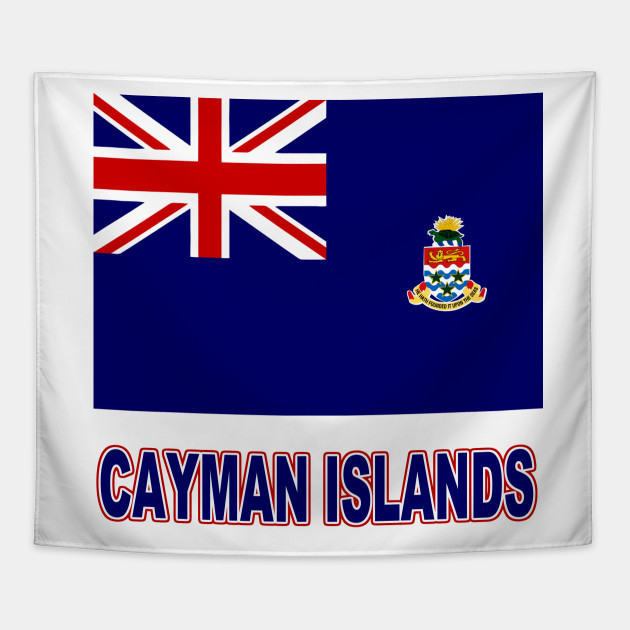Cayman Islands Court Rules in Favor of Litigation Funding
A Cayman Islands court has recently issued a decision that confirmed the right of litigants to obtain funding from third-parties. In reaching that conclusion, the court outlined the characteristics of an appropriate third-party funding agreement. While the court’s view of litigation funding is not controlling outside the Cayman Islands, it is instructive for those who consider entering into a litigation funding agreement.
In 2017, the Grand Court of the Cayman Islands ruled that it was permissible for litigants to obtain funding from third parties in return for a share of the litigation proceeds. But the ruling also provided that third-party funding agreements must have specific judicial approval. In 2018, the Grand Court issued another decision that identified several factors that would be considered in evaluating the propriety of a third-party funding agreement.
According to the 2018 decision, there are seven key considerations in determining the validity of a litigation funding agreement:
- Control: How much control does the funder have over the conduct of the litigation? Does the funded party retain autonomy to make key decisions, such as whether to discontinue or settle the claim, or appeal the outcome? What restrictions or conditions, if any, are imposed upon the litigant’s autonomy in such decisions, such as consulting with the funder, or following advice of counsel about fundamental litigation decisions?
- Termination rights: Does the funder have any power to terminate the funding agreement? Can the funder exert de facto control over the funded litigant and the litigation because it has the ability to control the litigation by retaining discretion to terminate the funding at will or under readily obtainable conditions?
- The attorneys: Who chooses the attorneys and who has control over when attorneys will be dismissed or replaced?
- Prejudice to the defendant: If the funded claim fails, what prejudice does the defendant suffer? Will the defendant be left with an award of costs that the funded claimant cannot afford to pay? Have the funder and the funded party made some arrangements to cover an award of costs in the event of their defeat?
- The decision making power of the litigant: Does the litigant hold the decision making power over the litigation, upon consultation with its attorneys?
- The profit to the funder: Is the return to the funder appropriate and proportionate in all the circumstances?
- The identity of the funder:Is the funder a professional funder, subject to appropriate regulation, and with sufficient capital to make good on its obligations?
These considerations provide useful rules of thumb for anyone contemplating a litigation funding agreement, in the Cayman Islands or elsewhere.
Keywords: litigation finance, third-party litigation funding,
Work Cited: Nick Hoffman & Lachlan Greig, Further Developments in Litigation Funding in the Cayman Islands (Aug. 14, 2018) available at https://www.lexology.com/library/detail.aspx?g=d9f0157a-b20f-4d25-9c84-bd7a1412fa94

